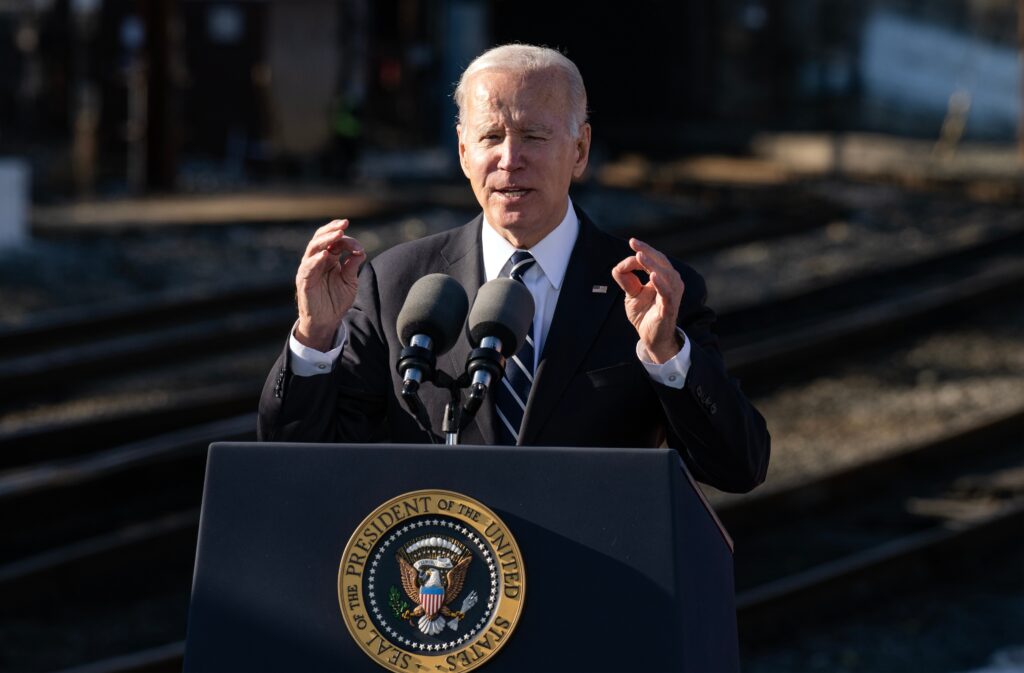The landscape of public opinion regarding federal legalization of marijuana in the United States is undergoing a significant evolution, as evidenced by recent insights gathered through SurveyBeta. According to data collected from this platform, an overwhelming 72% of respondents expressed support for federally legalizing marijuana. This statistic not only reflects changing societal attitudes but also underscores the urgent need for policymakers to address this issue in alignment with public sentiment and evolving norms.
Economic Impacts and Job Creation
Survey respondents overwhelmingly recognize the economic potential associated with federal legalization. The burgeoning legal cannabis industry has already demonstrated substantial revenue generation at the state level, and federal legalization would catalyze further growth on a national scale. With legalization, opportunities for job creation would expand across various sectors, including cultivation, distribution, retail, and associated services. Moreover, the taxation of legalized marijuana sales could provide a new source of revenue to support public programs, infrastructure development, and initiatives aimed at promoting social welfare.
Social Justice and Equity
The SurveyBeta findings shed light on profound concerns surrounding social justice and equity within the context of marijuana prohibition. Many respondents expressed a strong desire to rectify the injustices perpetuated by current drug policies, which disproportionately impact marginalized communities, particularly communities of color. Federal legalization would not only remove the basis for many marijuana-related arrests and convictions but could also pave the way for expungement of past convictions, offering individuals a pathway to rehabilitation and societal reintegration. This approach aligns with broader movements advocating for criminal justice reform and equity in drug policy.
Public Health and Safety Measures
Respondents also emphasized the importance of public health and safety considerations in the legalization debate. By regulating marijuana at the federal level, the government could implement quality control standards to ensure product safety, purity, and potency. This would mitigate the risks associated with unregulated markets, such as the sale of contaminated or adulterated products. Furthermore, federal legalization would facilitate scientific research into the medicinal properties of marijuana, potentially leading to new therapies and treatments for various health conditions, including chronic pain, epilepsy, and mental health disorders.
State Sovereignty and Regulatory Consistency
A significant portion of SurveyBeta respondents expressed support for federal legalization as a means of harmonizing marijuana laws across states. The current disconnect between state and federal regulations creates legal ambiguity and enforcement challenges. Federal legalization would establish a unified framework that respects state sovereignty while providing consistency and clarity in marijuana policy. This approach would enhance regulatory oversight, streamline licensing processes, and facilitate interstate commerce within the legal cannabis industry.
The Case against Legalization
The case against legalizing marijuana revolves around several key arguments. Opponents often cite potential adverse health effects associated with cannabis use, especially among young people whose brains are still developing. They argue that legalization could lead to increased rates of addiction, cognitive impairment, and mental health disorders. Additionally, opponents express concerns about the potential for marijuana to serve as a gateway drug, leading individuals to experiment with more dangerous substances. There are also worries about the impact of legalization on public safety, including impaired driving and workplace accidents. Some opponents highlight the challenges of regulating a substance that can vary widely in potency and composition, raising questions about quality control and long-term health implications. Finally, opponents argue that legalization may not eliminate the illicit market entirely, potentially exacerbating existing issues related to drug trafficking and organized crime. Overall, opponents of legalization emphasize the need for caution and thorough consideration of potential risks before implementing widespread legalization policies.
Conclusion
The insights gleaned from SurveyBeta underscore a growing consensus among Americans in favor of federal legalization of marijuana. This data highlights the economic opportunities, social justice imperatives, and public health considerations that resonate with a majority of respondents. As public opinion continues to shift, policymakers are urged to heed the voices of their constituents and prioritize evidence-based drug policy reform.
By embracing federal legalization, the government can harness the economic benefits, promote social equity, enhance public health outcomes, and foster regulatory consistency in the cannabis industry. The SurveyBeta data serves as a compelling mandate for policymakers to enact meaningful reform that reflects the will of the people and aligns with evolving societal norms. It is time for the United States to embrace federal legalization as a progressive and pragmatic solution to a complex issue, guided by the insights provided by our survey.


